- US and Israeli strikes on Iran in maps BBC
- Iran confirms Supreme Leader Ali Khamenei dead after US-Israeli attacks Al Jazeera
- Lyse Doucet: This is an extraordinary moment Iran has been preparing for BBC
- Iran’s supreme leader killed in major…
Category: 2. World
-
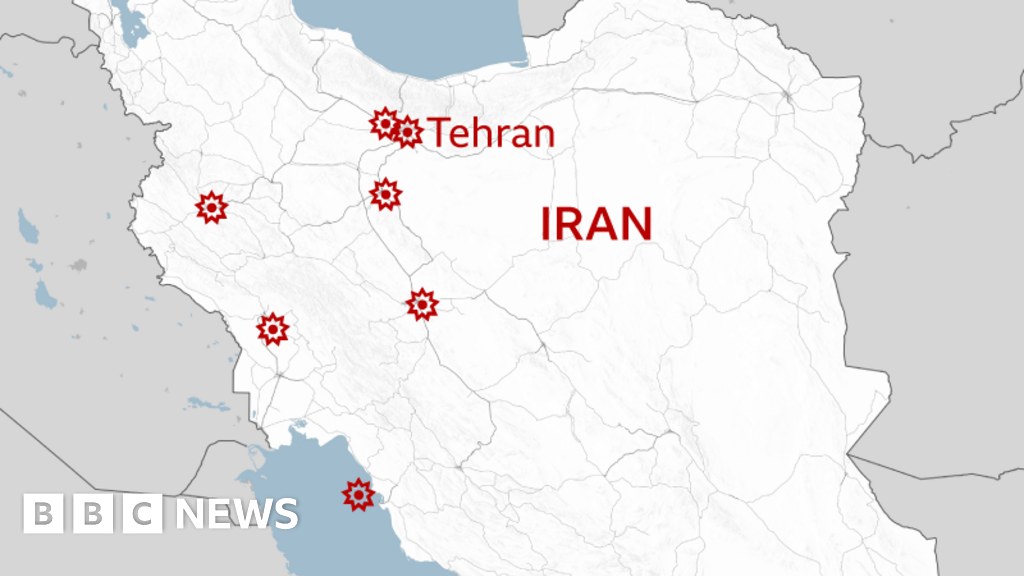
US and Israeli strikes on Iran in maps – BBC
-

PIA joins worldwide rush to halt Gulf flights amid war – Pakistan
• Airspace shut over Iran, Iraq, Israel, Kuwait, Bahrain, Qatar and Jordan
• Emirates, Etihad, Qatar Airways, 24 other airlines ground flightsISLAMABAD: Pakistan International Airlines (PIA) suspended flights to several Gulf countries on…
Continue Reading
-
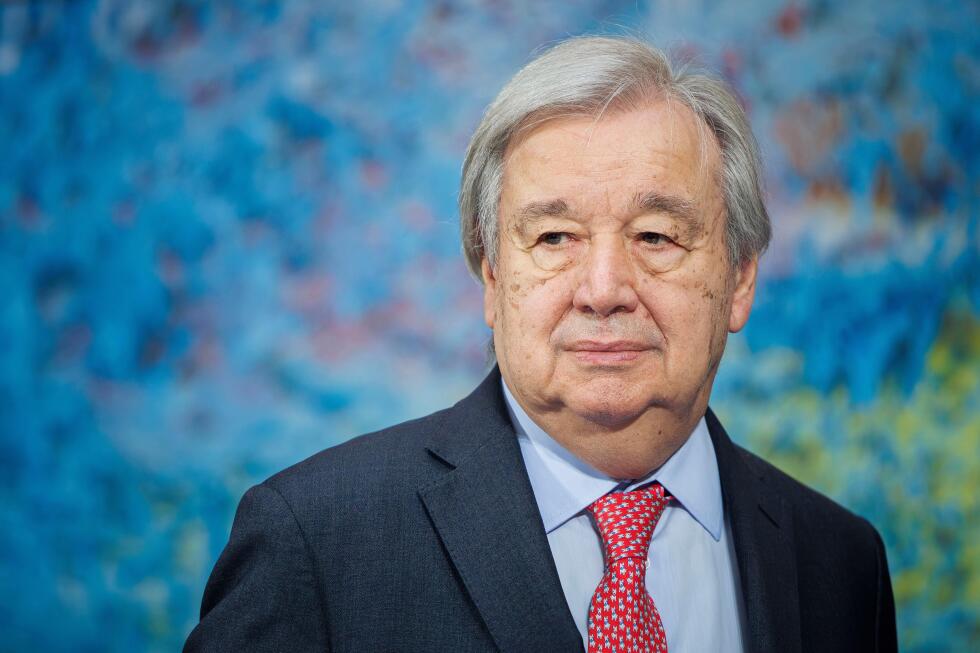
UN chief condemns US-Israeli attacks on Iran
UNITED NATIONS (AP) — The United States and Israel clashed with Iran at an emergency meeting of the U.N. Security Council on Saturday where the U.N. chief and many countries urged a halt to their…
Continue Reading
-
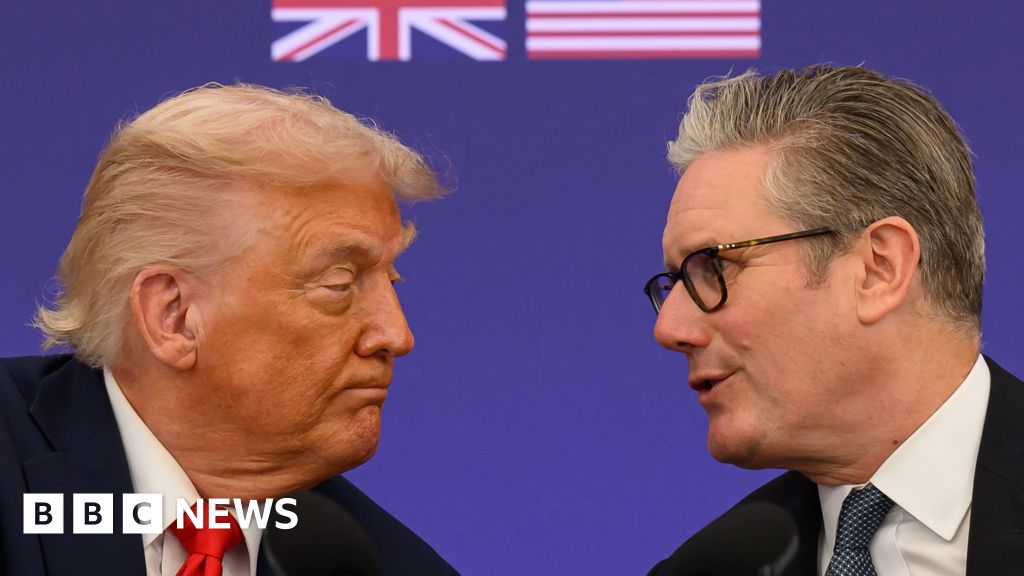
Chris Mason: Trump calls Starmer as US and Europe diverge on Iran strikes – BBC
- Chris Mason: Trump calls Starmer as US and Europe diverge on Iran strikes BBC
- France, Germany and UK urge Iran to ‘negotiate solution’ after attack The Guardian
- UK forces join ‘regional defensive operations’ as US, Israel strike Iran Reuters
Continue Reading
-

Dozens dead in Iran school blast blamed on US and Israel strikes – BBC
- Dozens dead in Iran school blast blamed on US and Israel strikes BBC
- Israel strikes two schools in Iran, killing more than 100 people Al Jazeera
- ‘The most bitter news’: Iran reels as more than 100 children reportedly killed in school…
Continue Reading
-
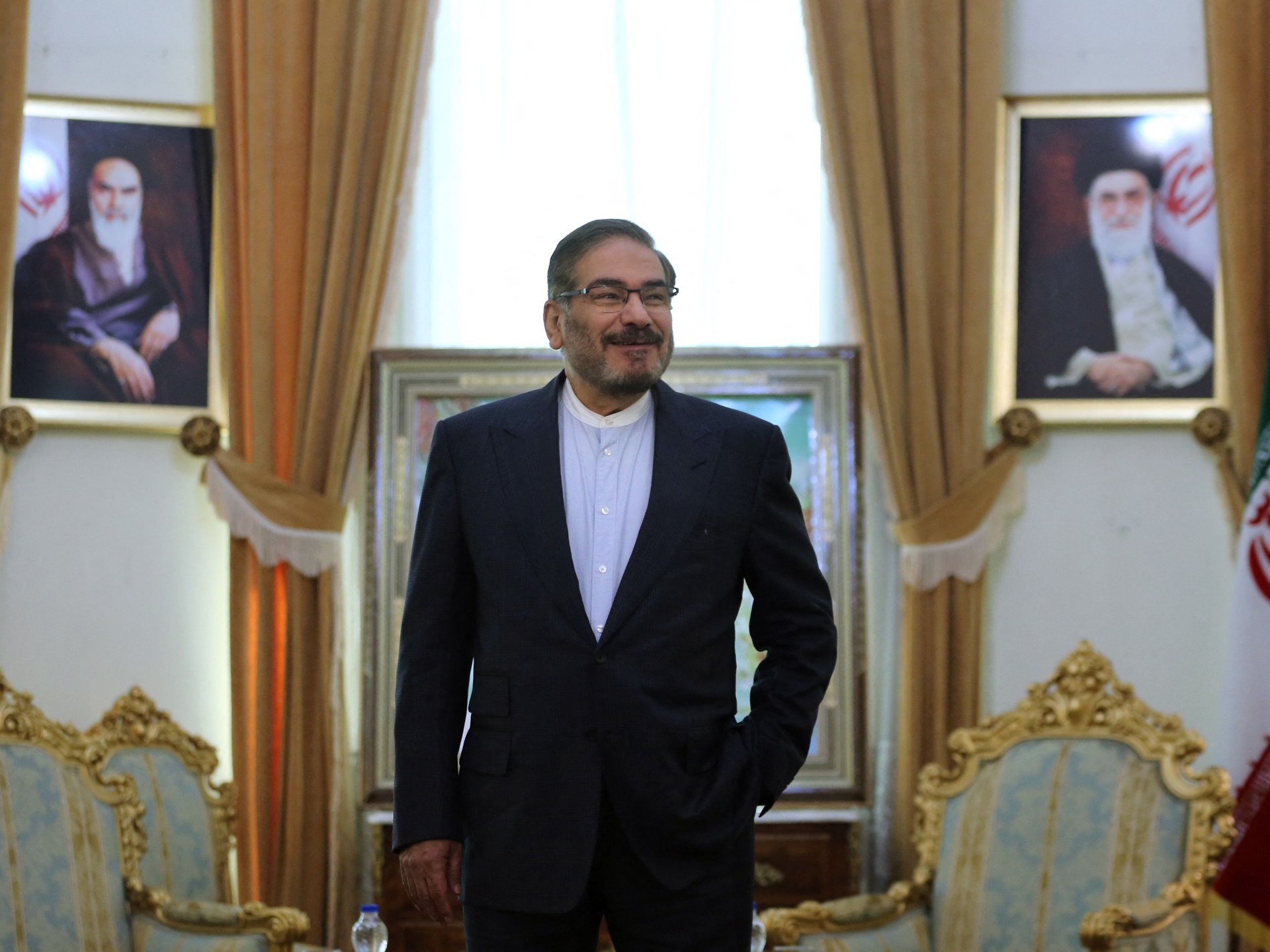
Who is Ali Shamkhani, Iran official reportedly killed in US-Israel attacks? | Explainer News
EXPLAINER
The former defence minister and secretary of Iran’s Defence Council was involved in US-Iran nuclear negotiations.
Published On 28 Feb 2026
Continue Reading
-
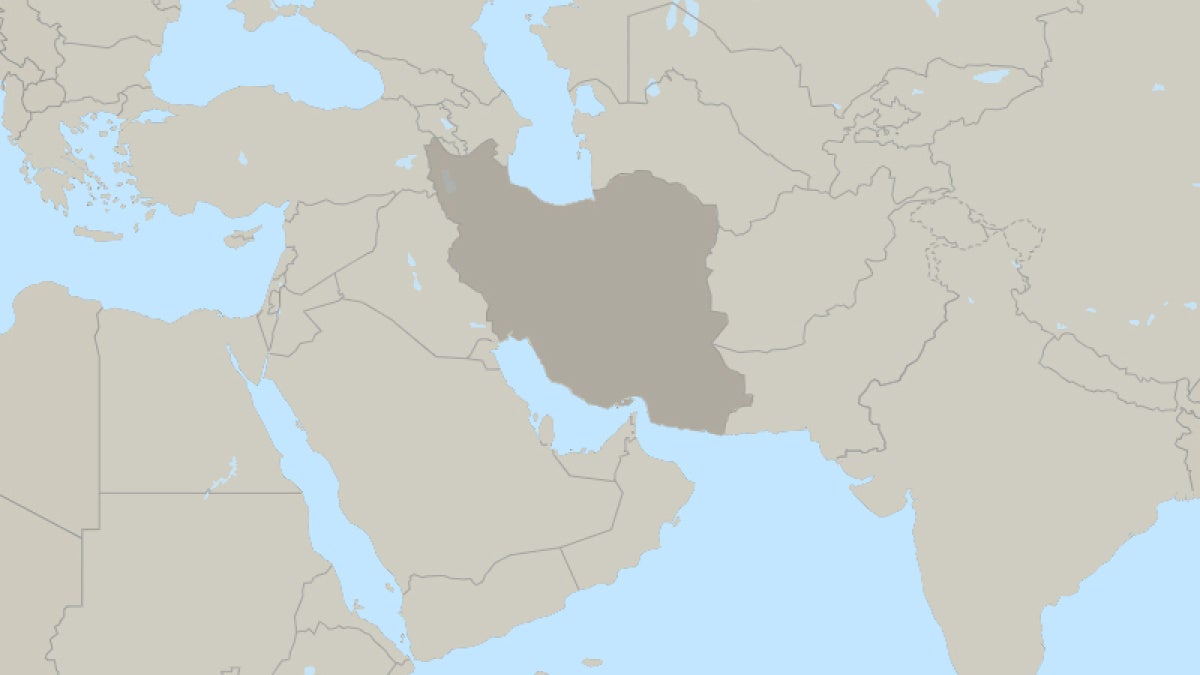
US/Israel/Iran: All Parties Should Respect Laws of War
(Beirut, February 28, 2026) – The United States and Israel on February 28, 2026 carried out airstrikes on Iran, which retaliated with strikes against Israel and Gulf states. All parties to the conflict are obligated to respect Continue Reading
Eight injuries confirmed in Qatar following brutal Iran missile attacks – Doha News | Qatar
- Eight injuries confirmed in Qatar following brutal Iran missile attacks Doha News | Qatar
- Missile debris injures 16 in Qatar after Iran launches barrage Al Jazeera
- In Qatar: Woman on reality of living in Doha after strikes on Iran BBC
- People…
Continue Reading
Dubai airport, iconic Burj Al Arab hotel damaged in Iranian missile strikes – Reuters
- Dubai airport, iconic Burj Al Arab hotel damaged in Iranian missile strikes Reuters
- Debris From Iranian Drone Hit Dubai’s Iconic Burj Al Arab Hotel WSJ
- Dubai confirms incident at Dubai International Airport; 4 injured Khaleej Times
- One dead and…
Continue Reading
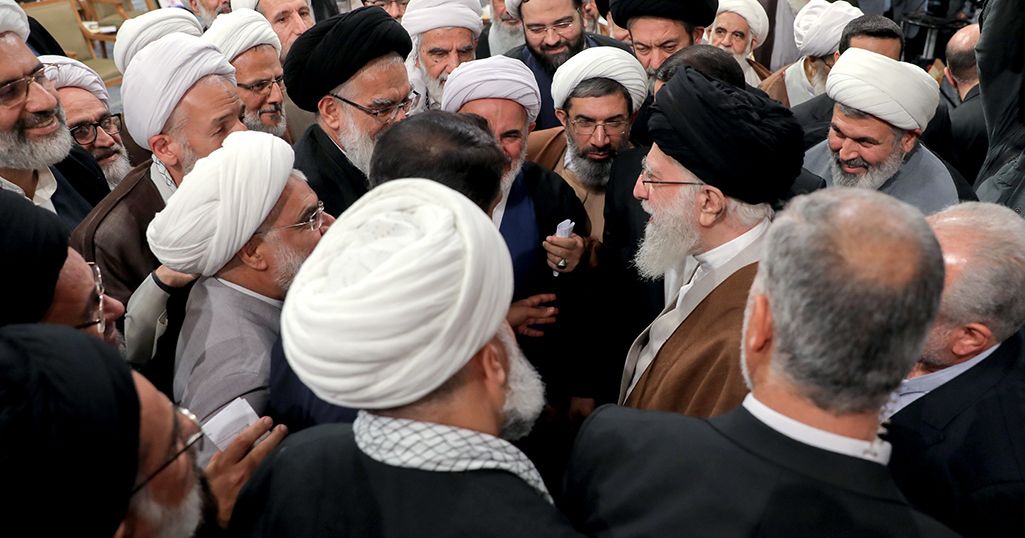
Iran’s Guards push to name next leader outside legal procedures
Kazem, a 40-year-old Tehran resident, says he was present as part of the state’s repression apparatus during two nights of mass violence, January 8 and 9.
He says he had previously spent a relatively long time in detention by the IRGC…
Continue Reading